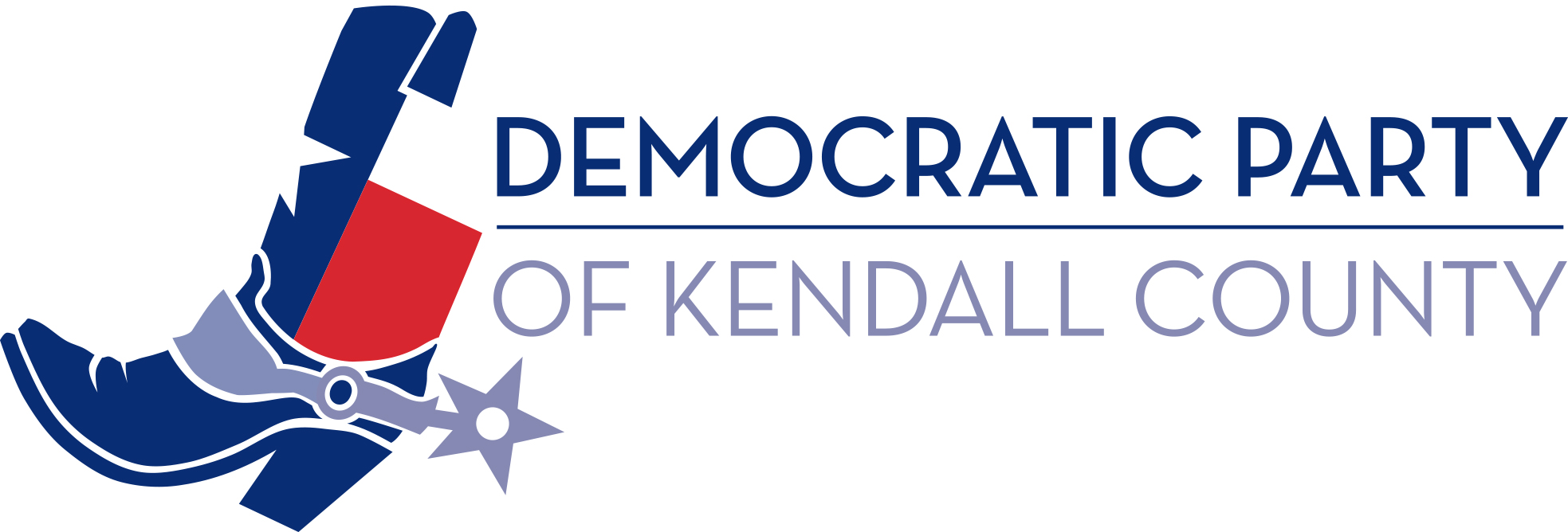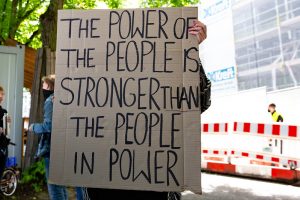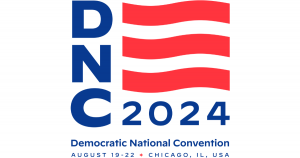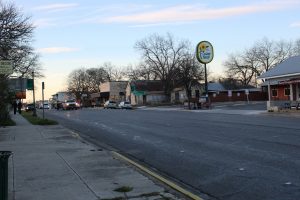by Laura Bray
for the “Progressive Views” column, Boerne Star, November 15, 2019
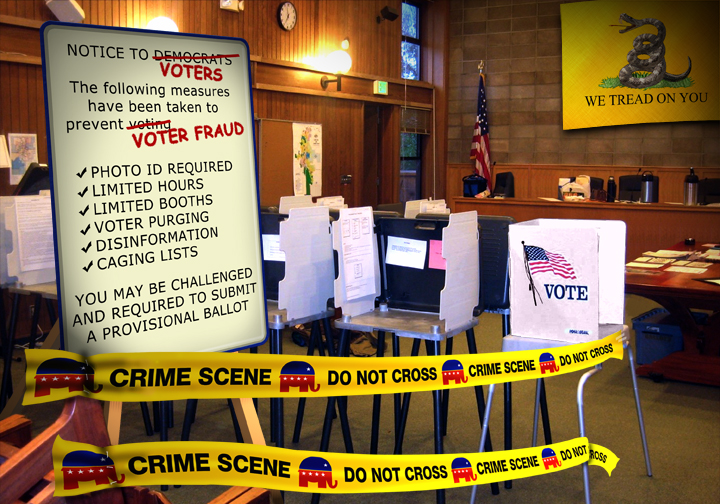
A recent study ranked Texas as the fifth-hardest state in which to vote. Voter turnout in Texas is historically low, in large part due to unnecessary barriers to voting and registration. Several processes would make voting and registration easier, but our current elected officials refuse to consider them. Does Texas use any of these processes:
- Online voter registration? Nope. (Texas is one of only 12 states that don’t allow online registration.)
- Register on Election Day? Nope. (Seventeen other states allow this.)
- Anyone can register someone to vote? Nope. (Texas is the only state that requires Volunteer Deputy Registrars to attend a class and be certified to register voters. And VDRs must obtain a certificate for every county in which they wish to register voters.)
- Automatically registering someone to vote when they apply for a new drivers license? Nope. (Thirteen other states allow this.)
These same elected officials say our restrictive laws prevent “voter fraud.” But “voter fraud” is nearly non-existent. It’s simply a ”dog whistle”—these laws are really all about voter suppression. According to the New York Times, “the restrictions fit an increasingly unabashed pattern of Republican politicians’ effort to discourage voters likely to oppose them.” For example, turnout for students in the 2018 midterms was “more than double the rate in the 2014 midterms,” according to a Tufts University study. And students lean overwhelmingly Democratic.
No wonder Texas ranks near the bottom of voter registration and voter turnout lists. Our Legislature has made it increasingly difficult to vote, and our ranking on those lists shows it.
Texas’s Voter ID law is one of the most restrictive in the nation. The “acceptable” forms of ID clearly favor conservative voters—a concealed carry license is acceptable form of ID, while a student ID is not.
The most recent Legislative session passed HB 1888, which essentially eliminates early voting locations which are open for only part of the early voting period. This bill was written and passed with little to no input from local elections officials (the Texas Association of Election Administrators opposed the bill). It mostly affects early voting locations on or near college campuses, which typically only have a few early voting days—again, making it harder for students to vote. Here in Kendall, it means that Comfort residents will no longer have a Saturday early voting opportunity in their area. (In this past election, due to the bond issue, Comfort ISD paid for early voting to remain open in Comfort for the entire period. There are no such plans—and no budget—to do so for future elections.)
Earlier this year, the Texas Secretary of State’s office announced a purge effort of voters identified as “noncitizens,” targeting nearly 100,000 Texas voters. After multiple data errors emerged, the ACLU reached an agreement with the state to rescind the purge effort—and no voter fraud was ever uncovered. Just more voter suppression.
The state did take a step in a positive direction by allowing counties to apply for “countywide voting,” a status Kendall County was approved for in this latest election (and future ones). Nothing is more frustrating for an election worker like me than having to turn someone away on Election Day because they came in to vote at the wrong precinct location. In the recent constitutional amendment election, Kendall voters could vote in any polling location, not just the location for their own precinct. The results were overwhelmingly positive and partially responsible for a 15-point jump in voter turnout for Kendall (compared to a similar election in 2017). Democracy works best when everyone who is eligible can vote with ease. We must elect representatives to the Texas Legislature who will make voting easier, not harder.
